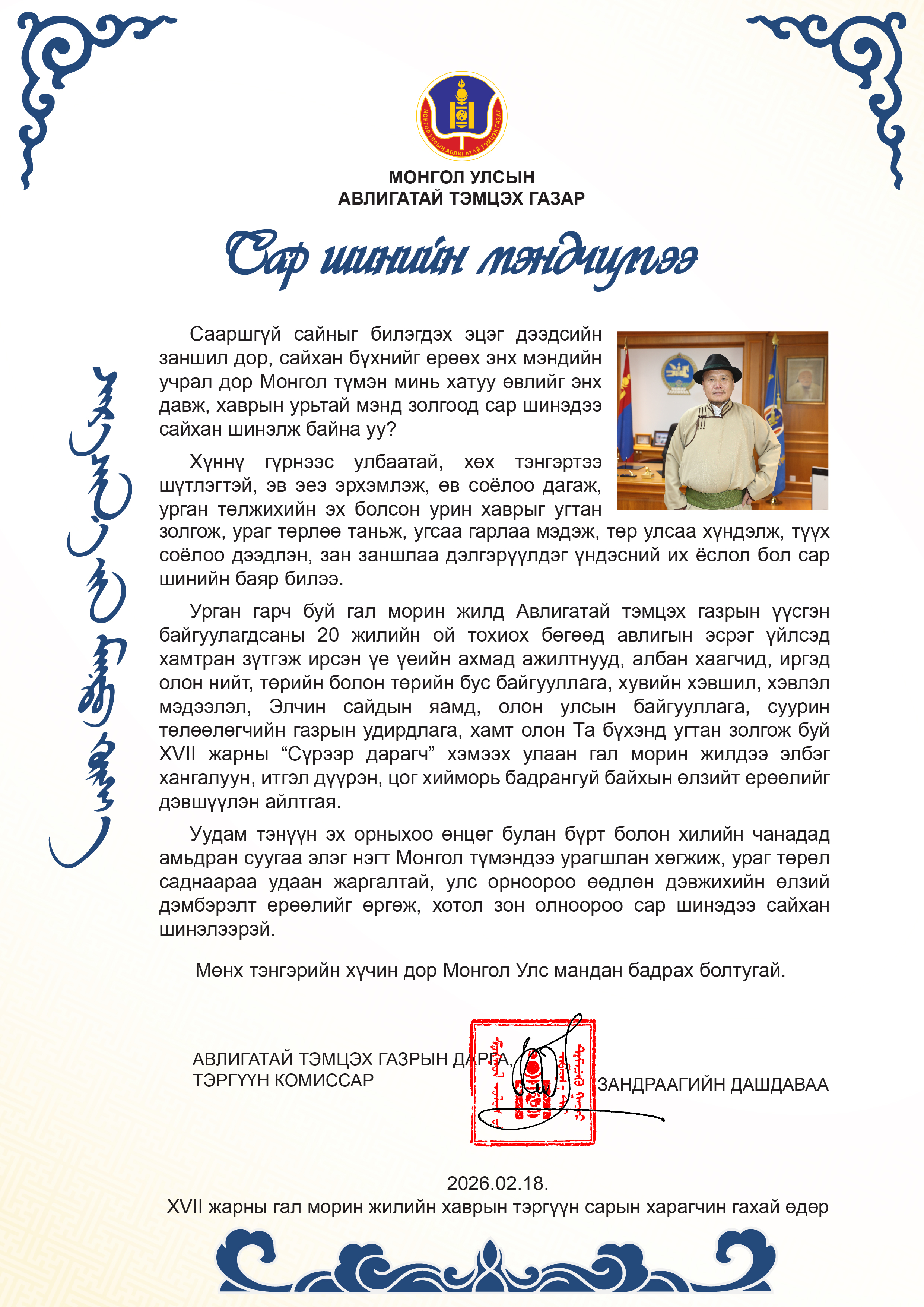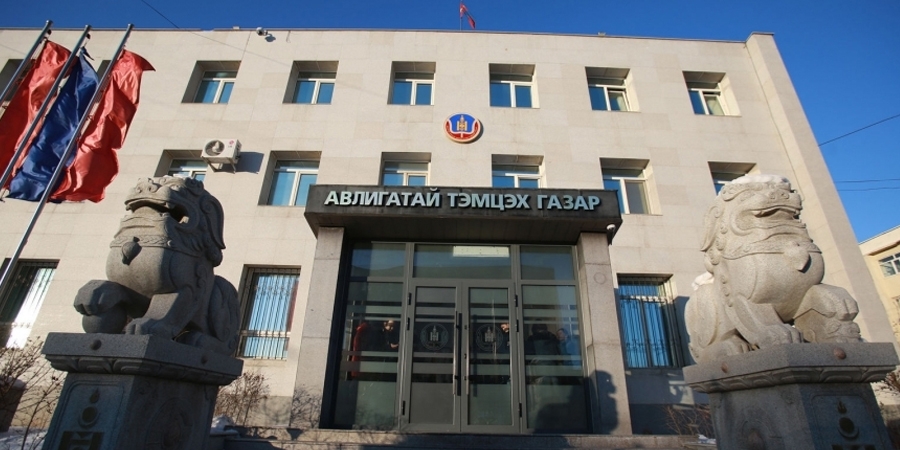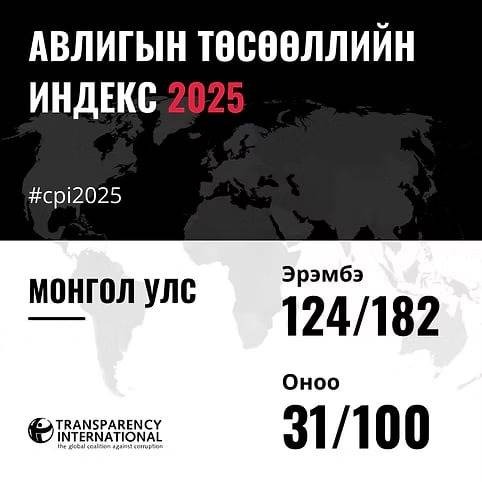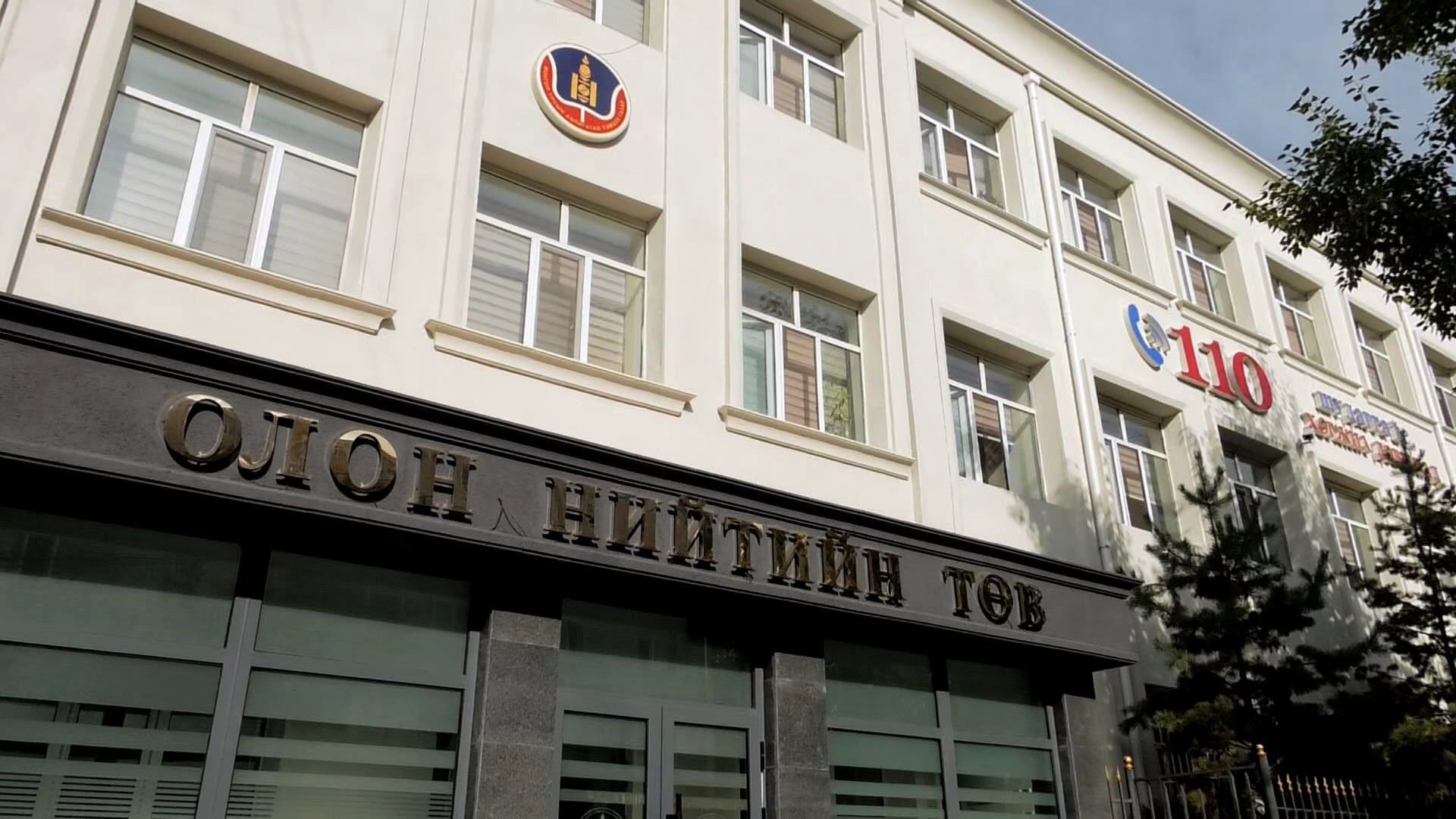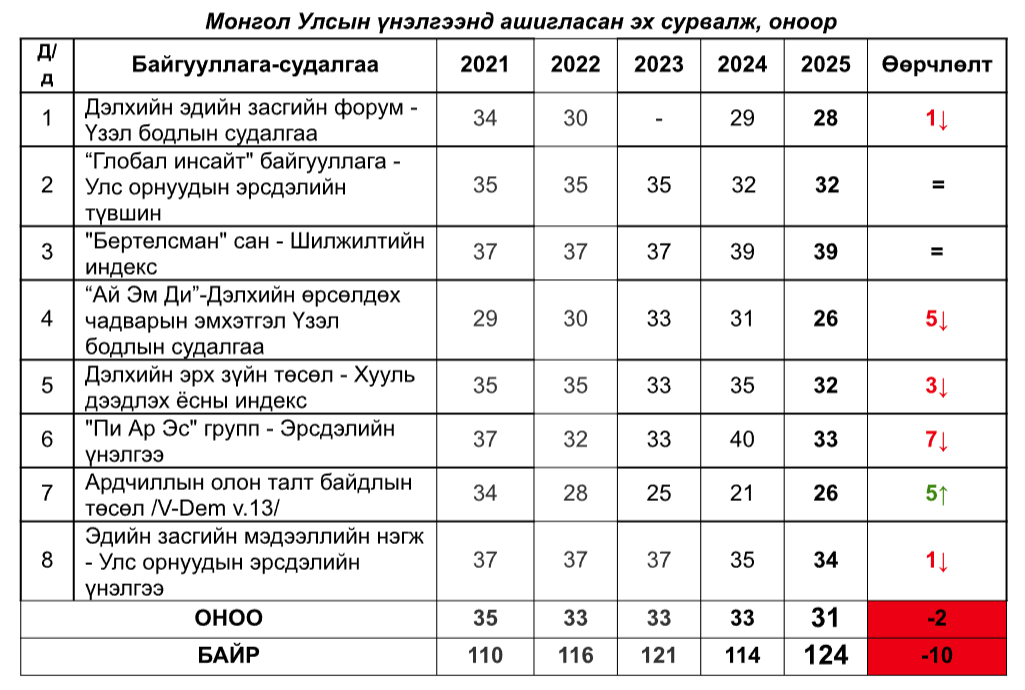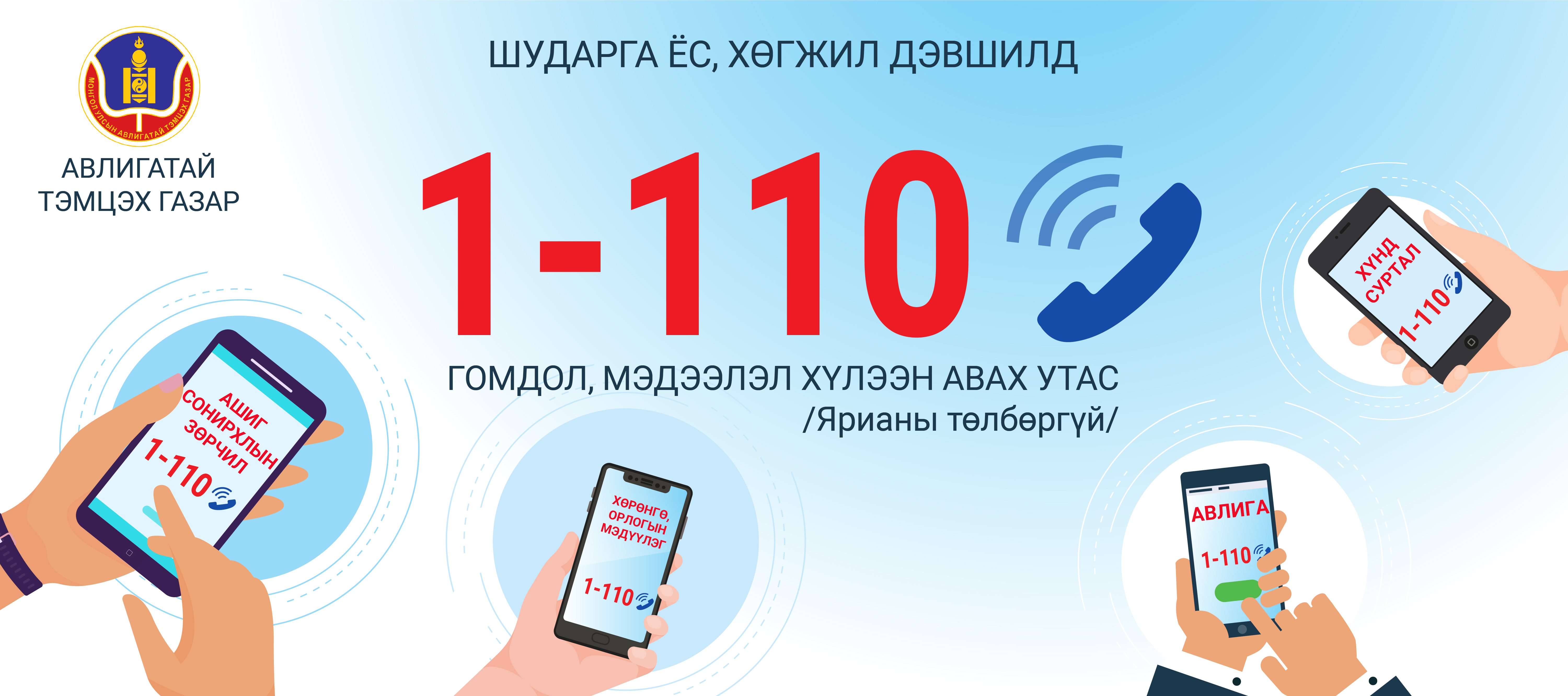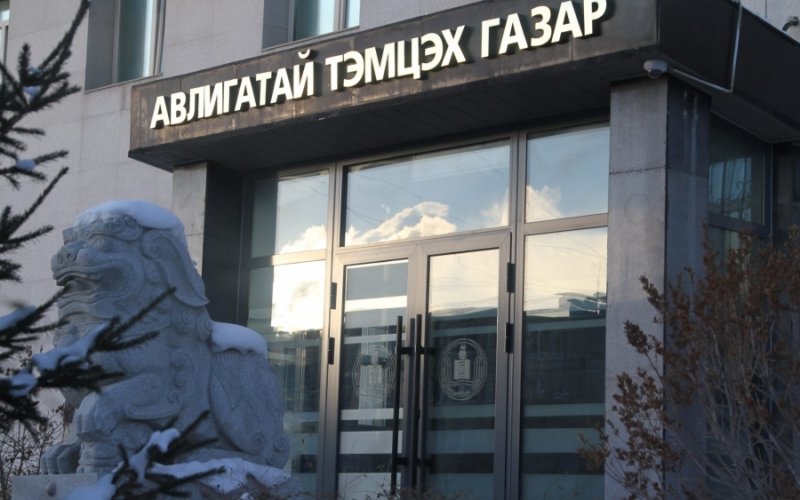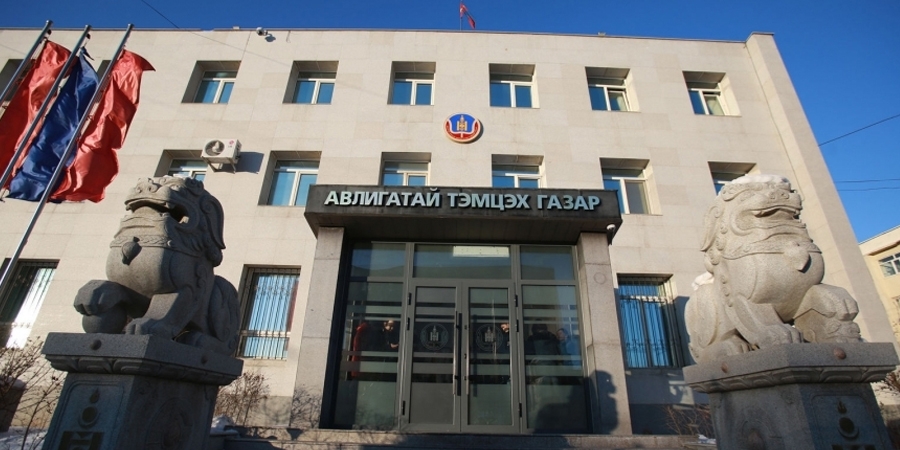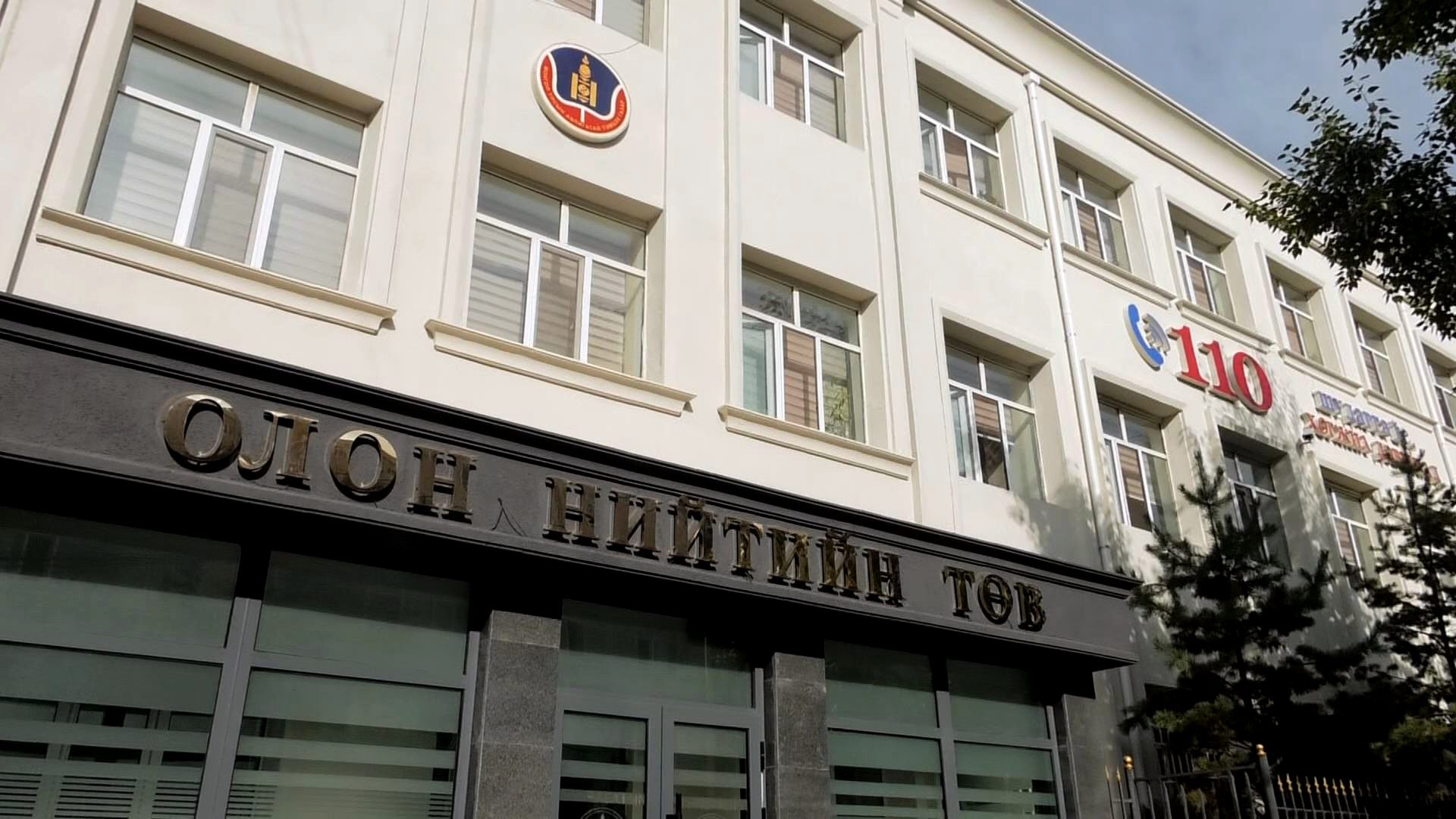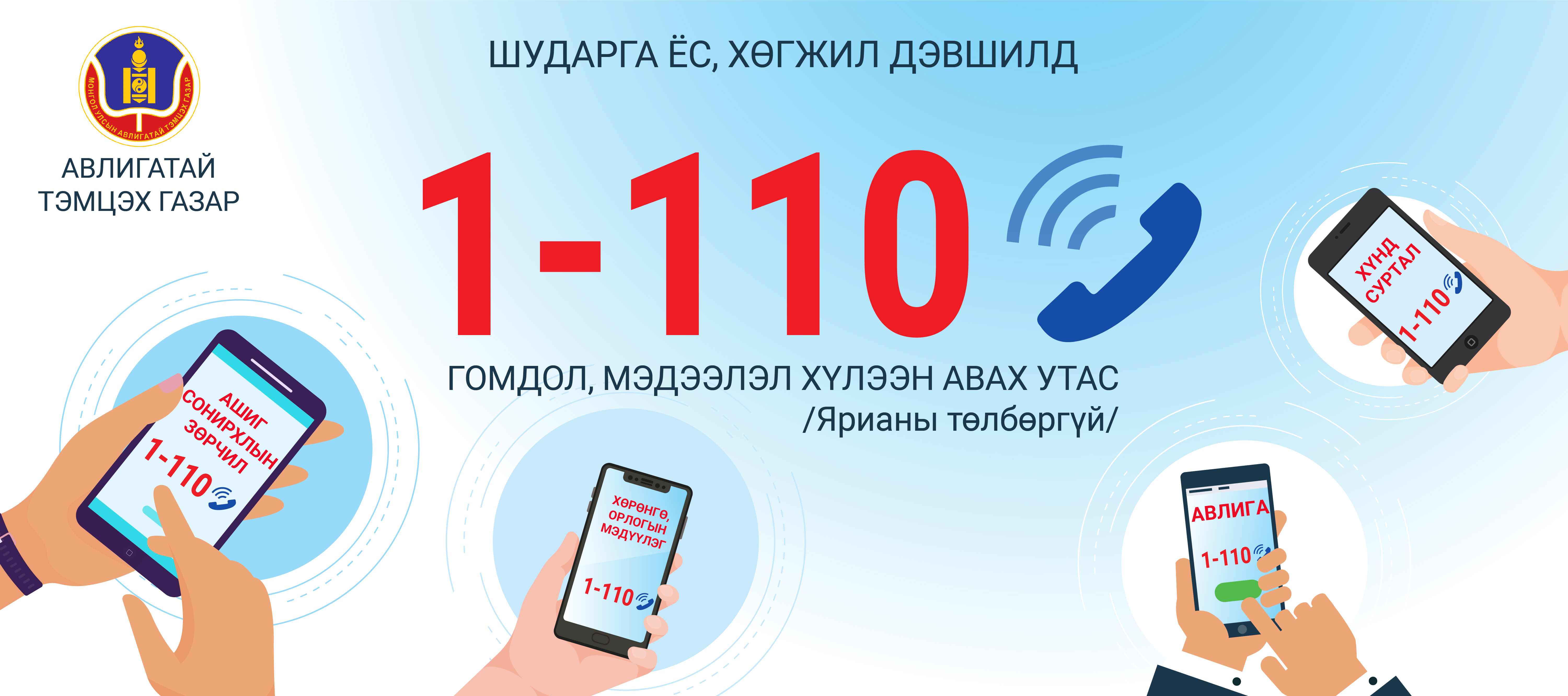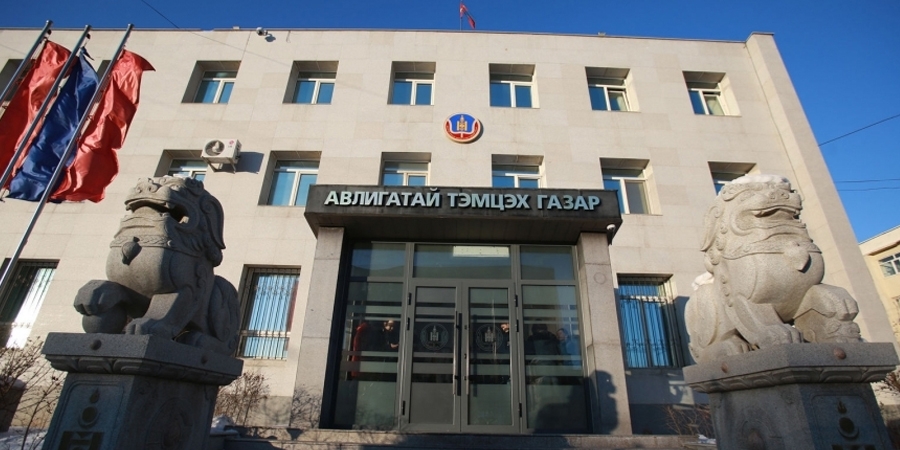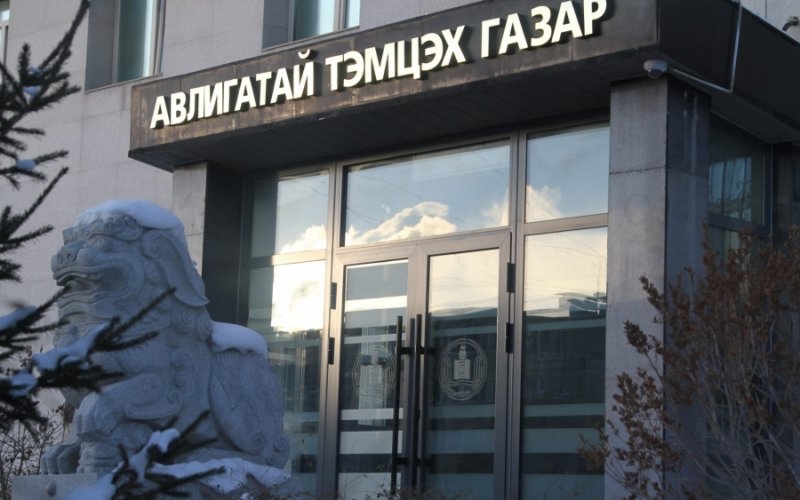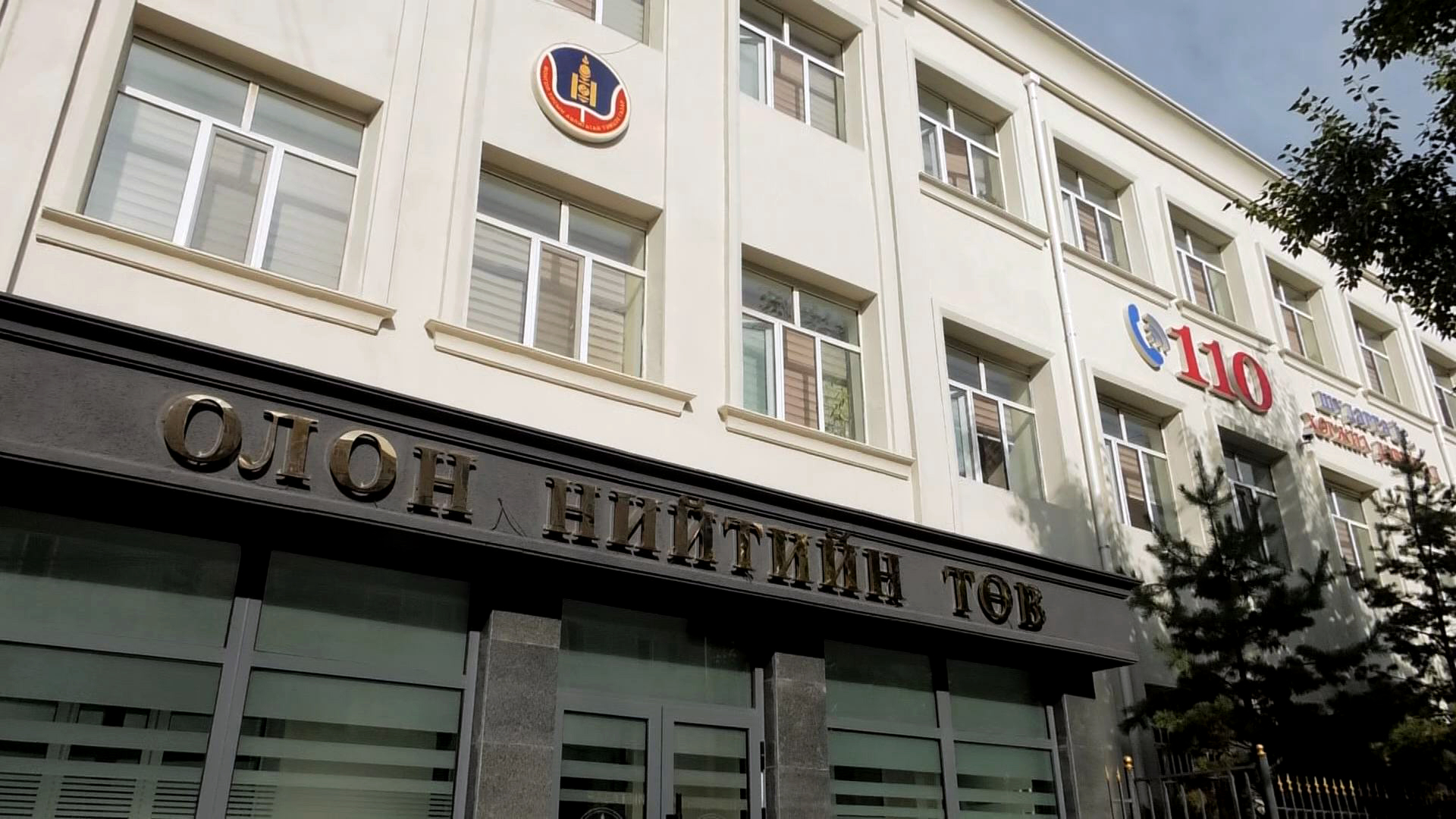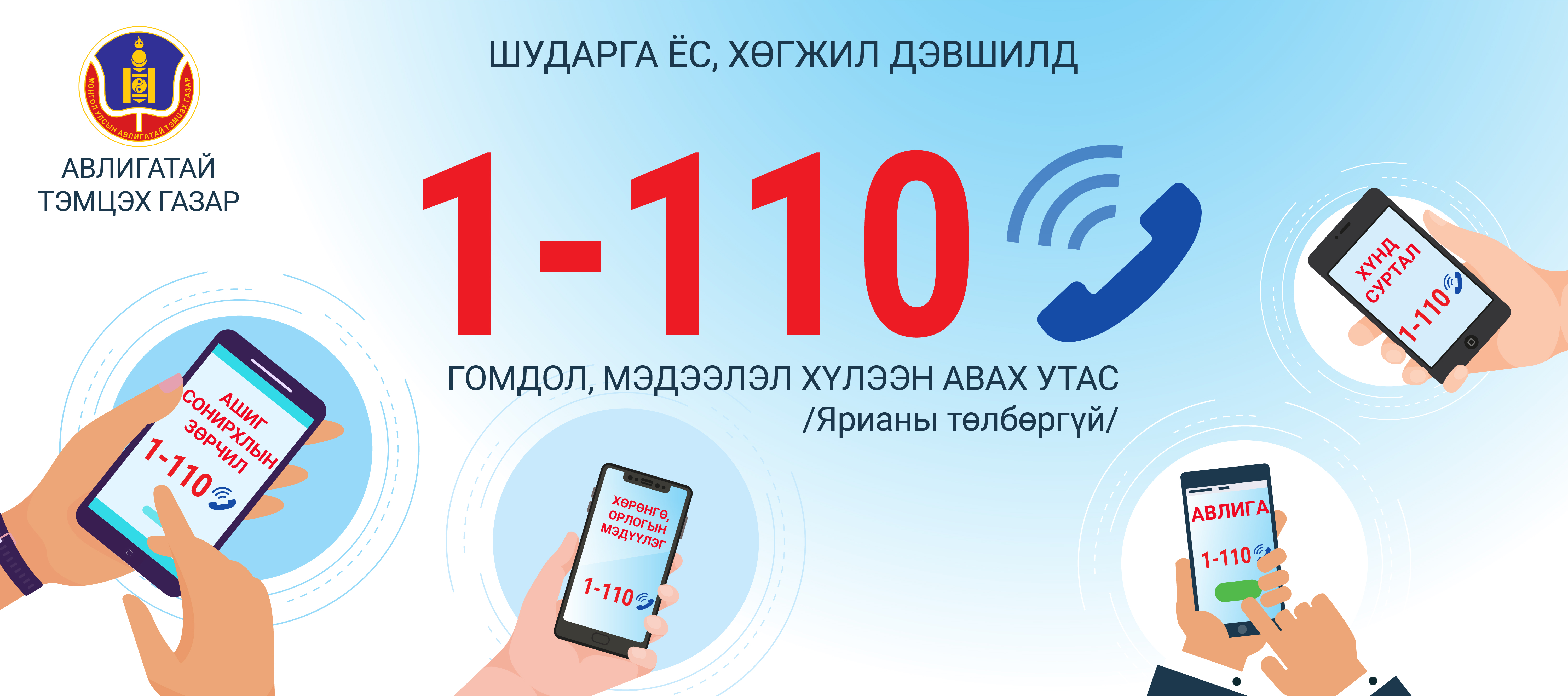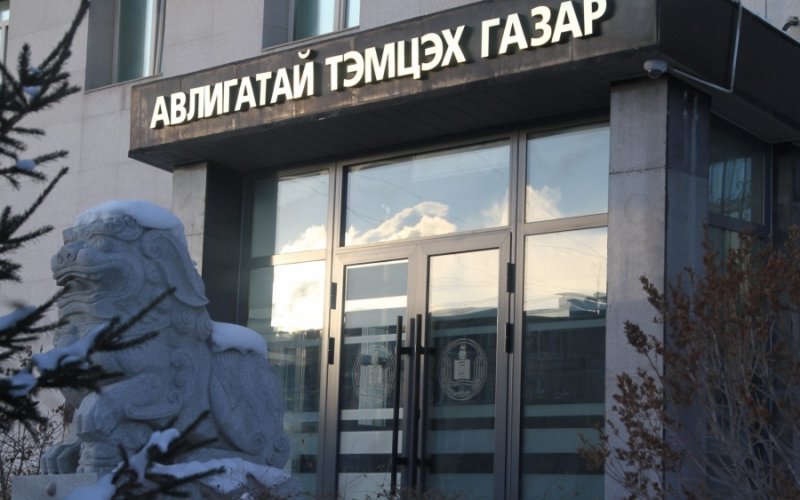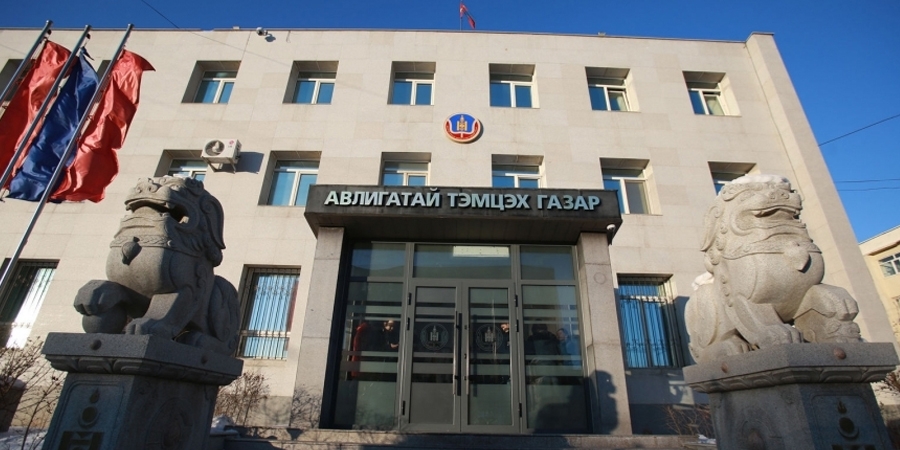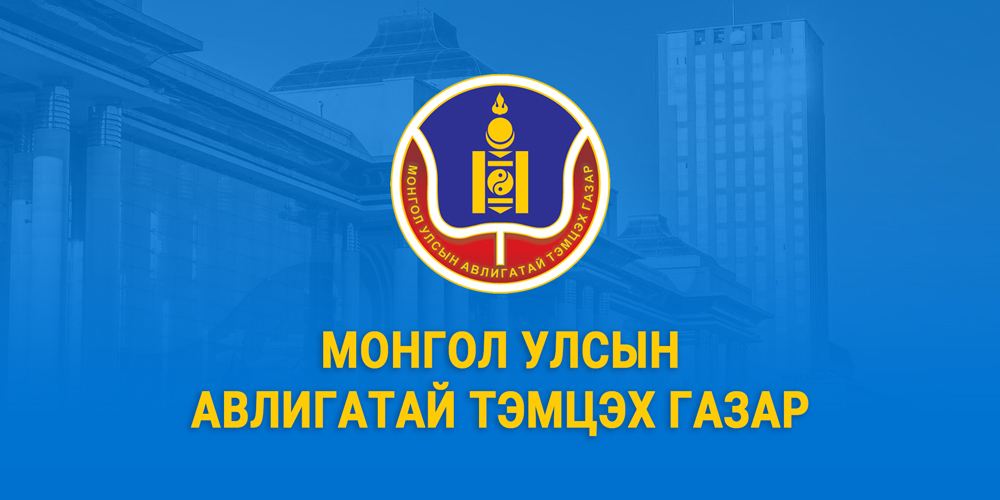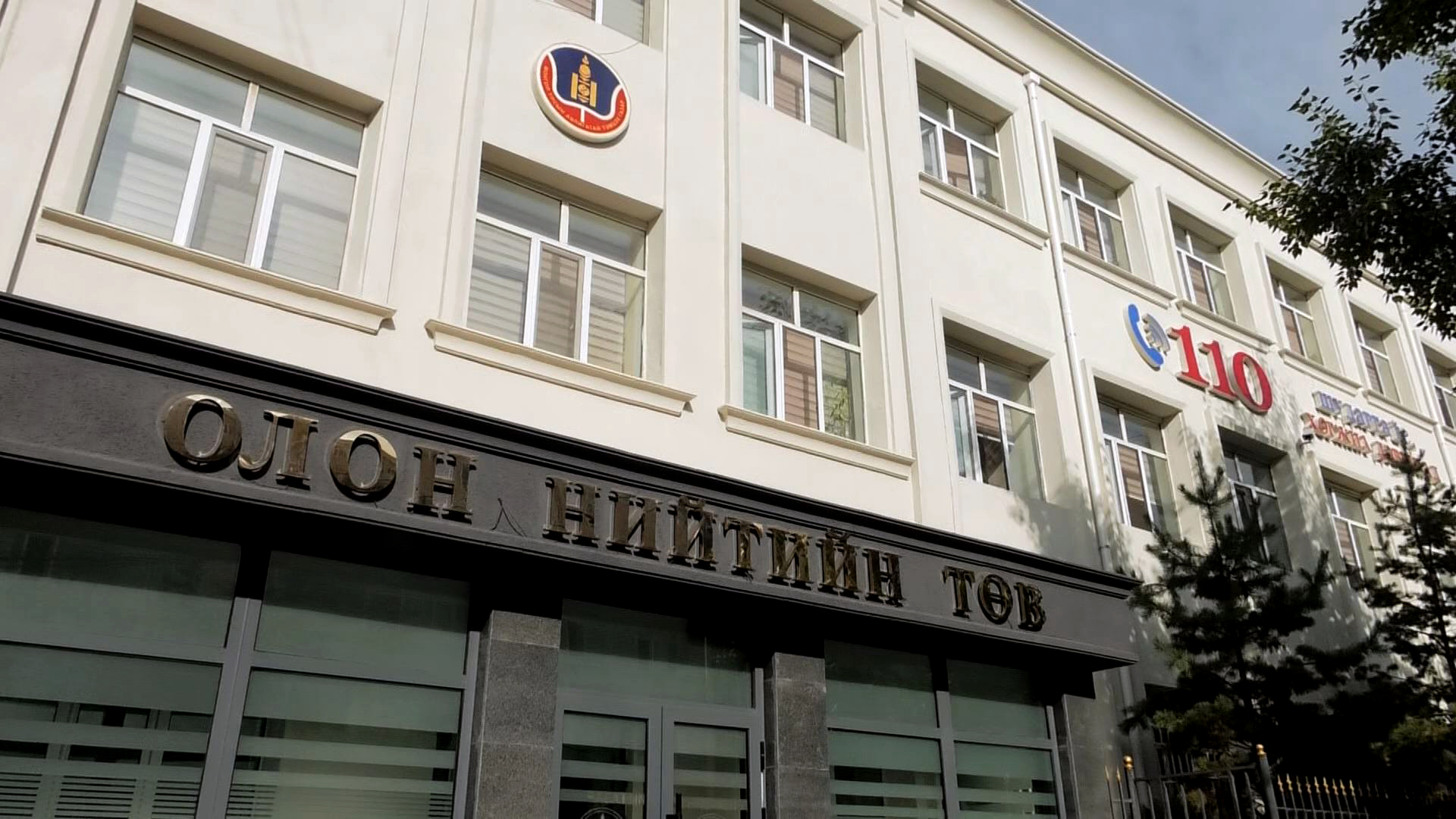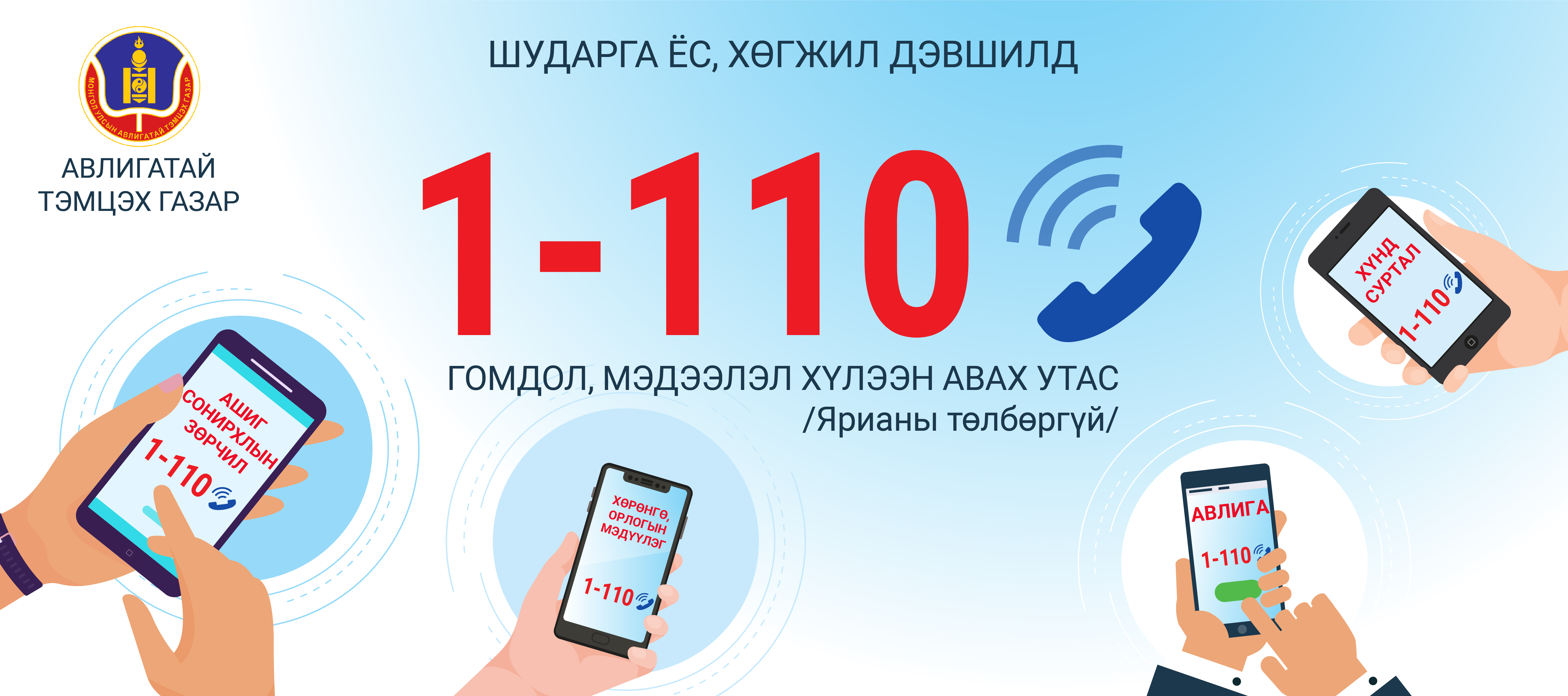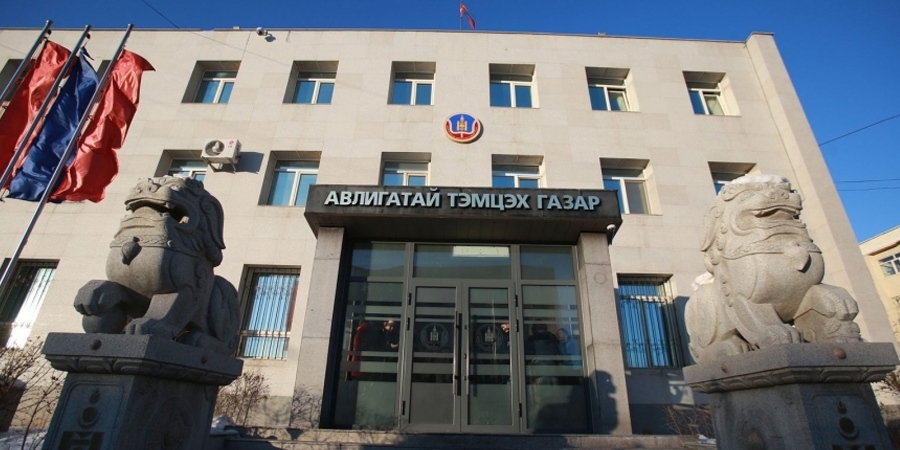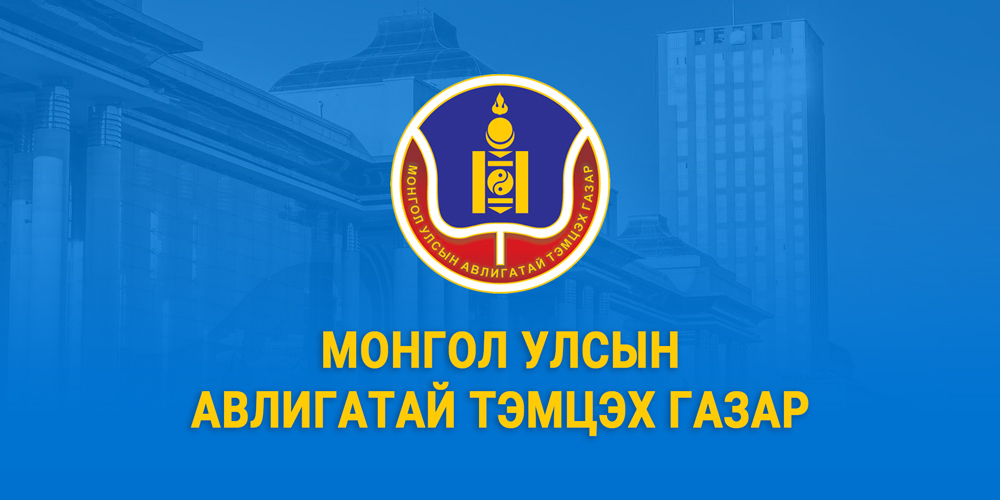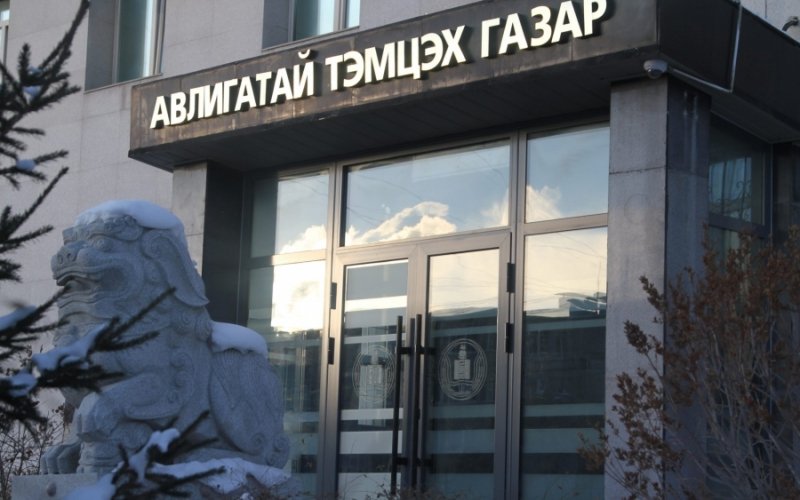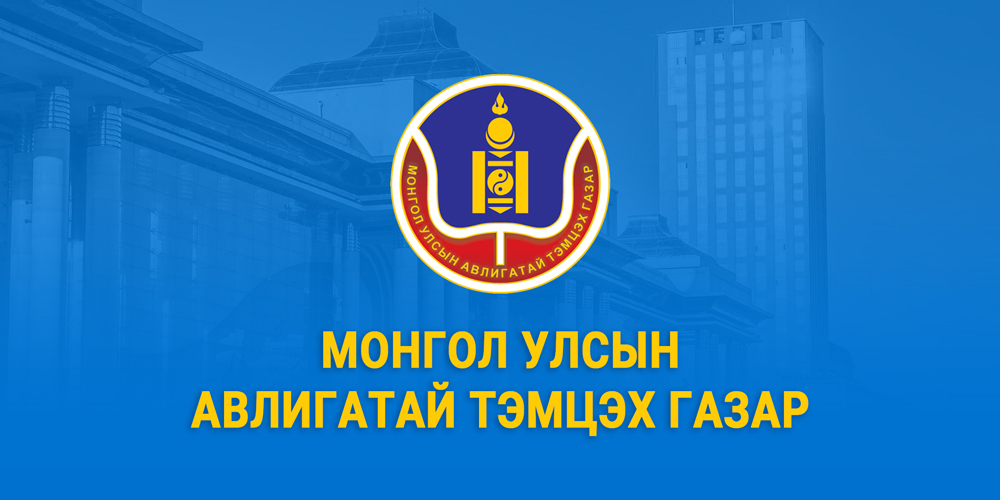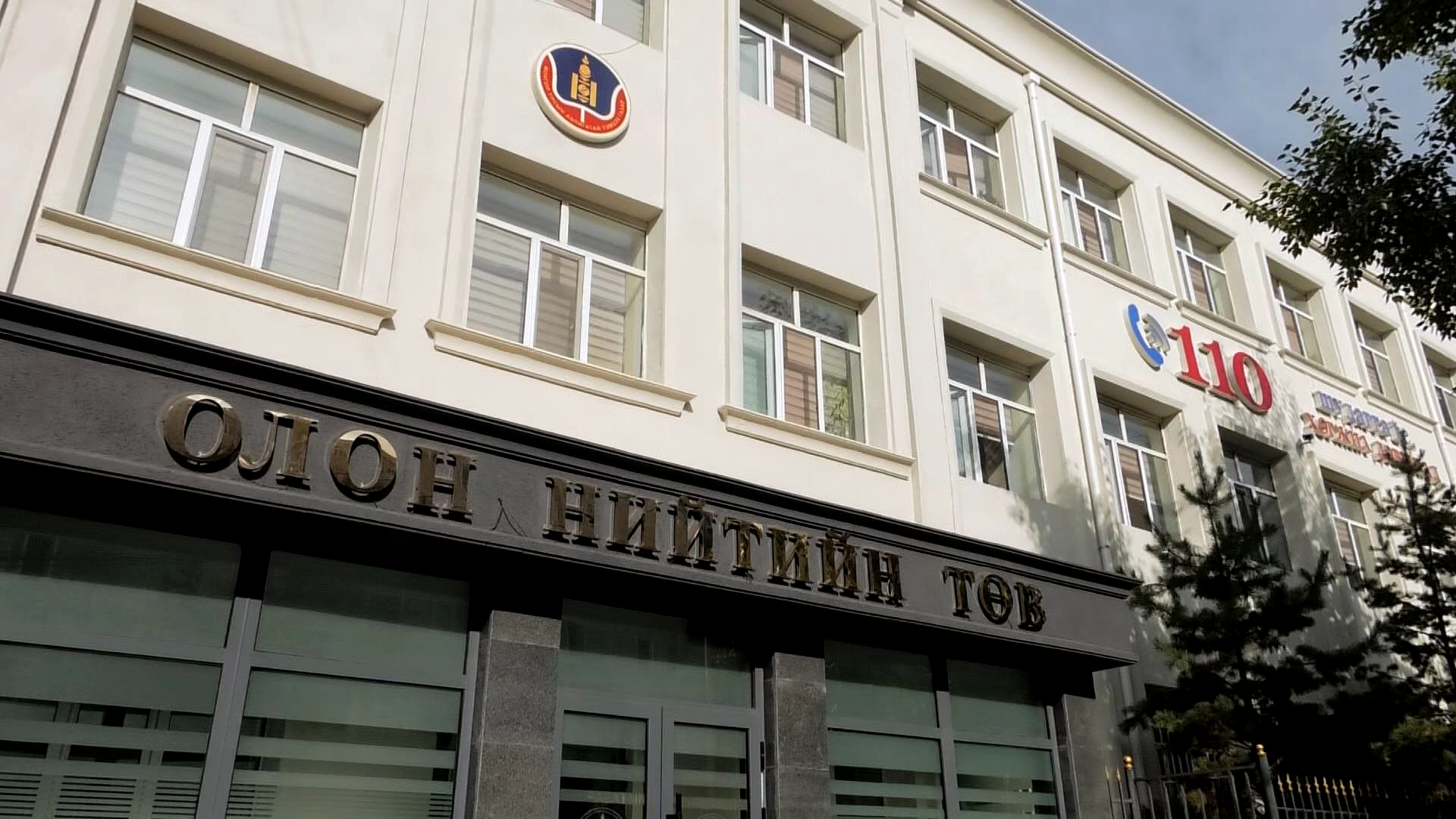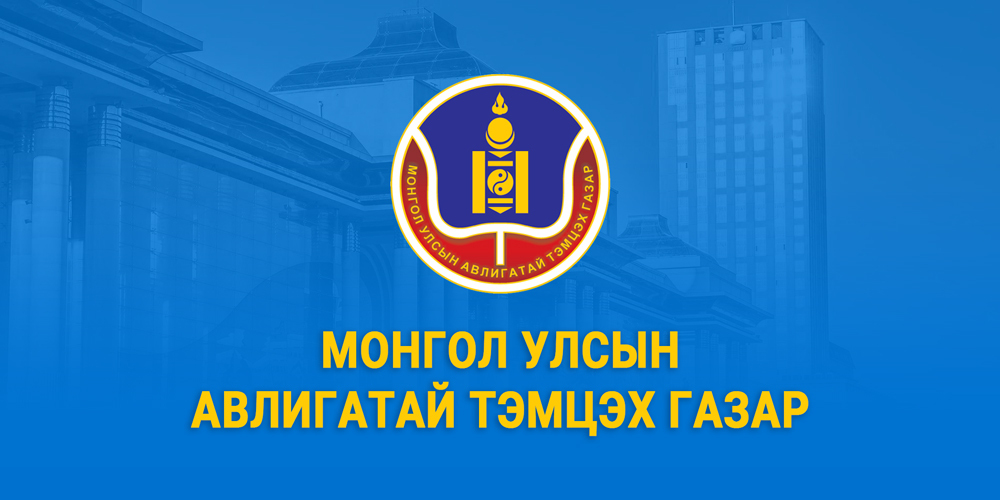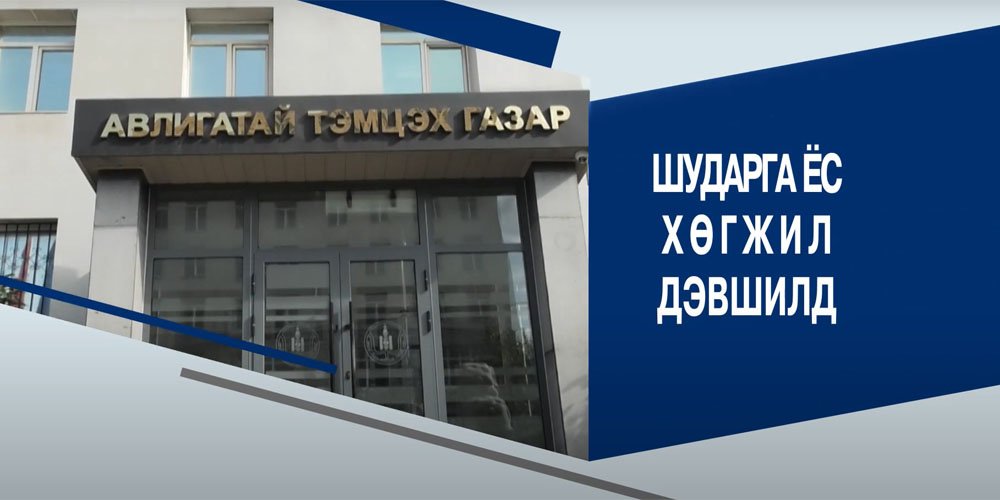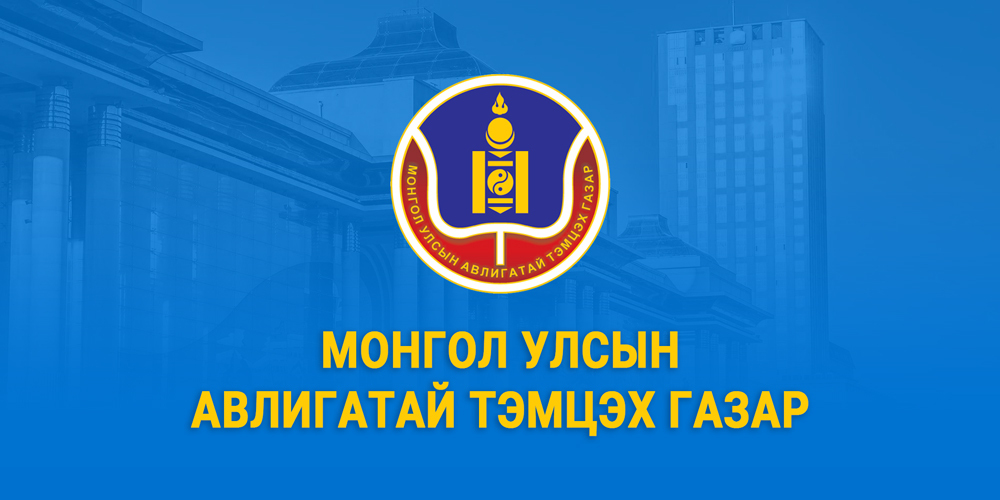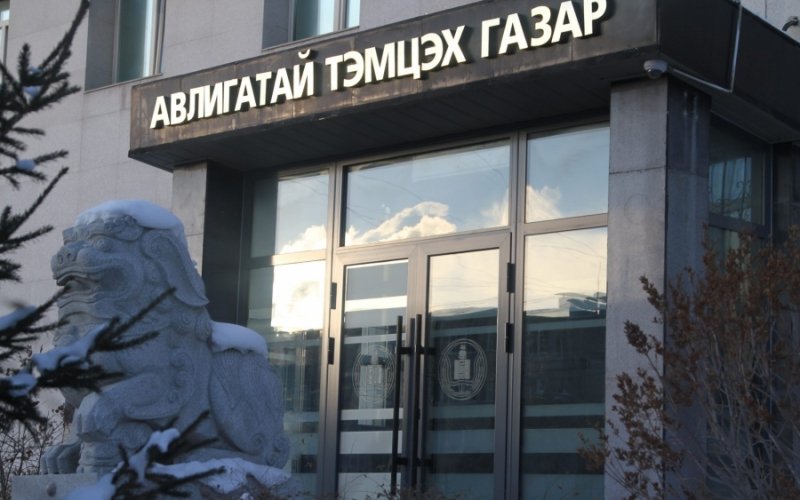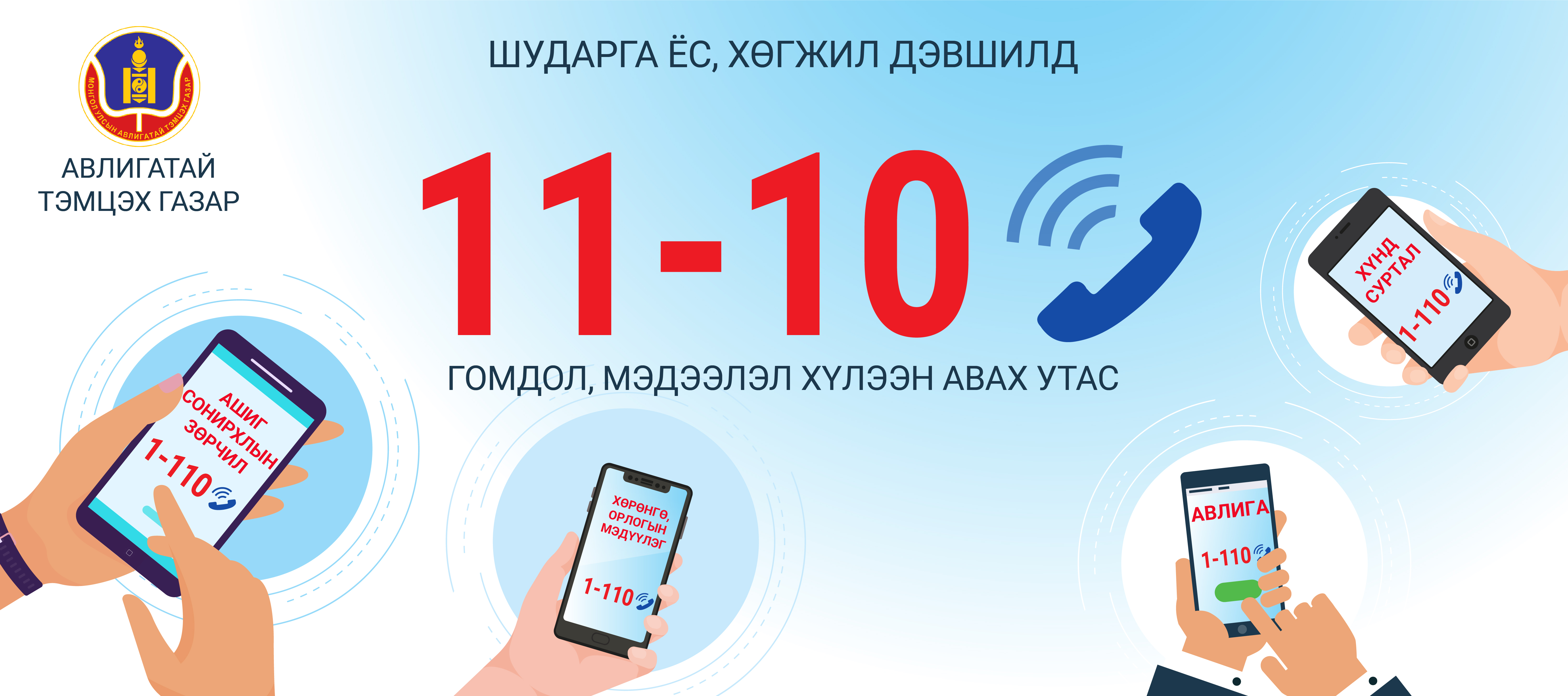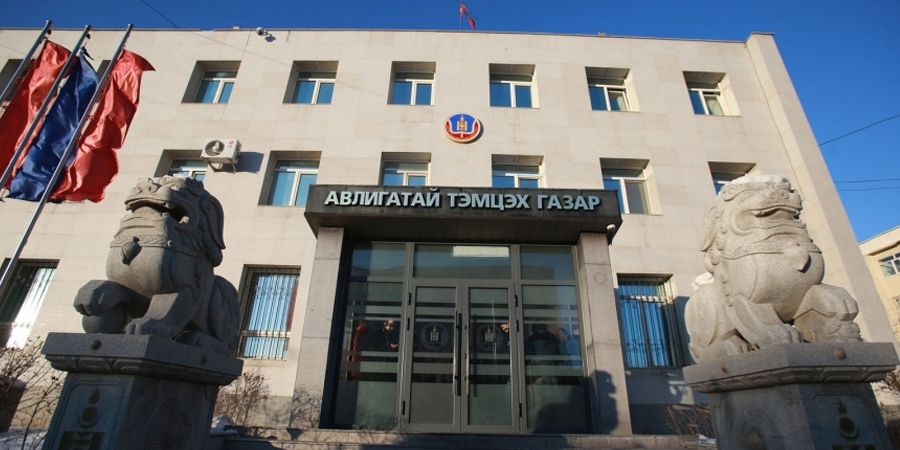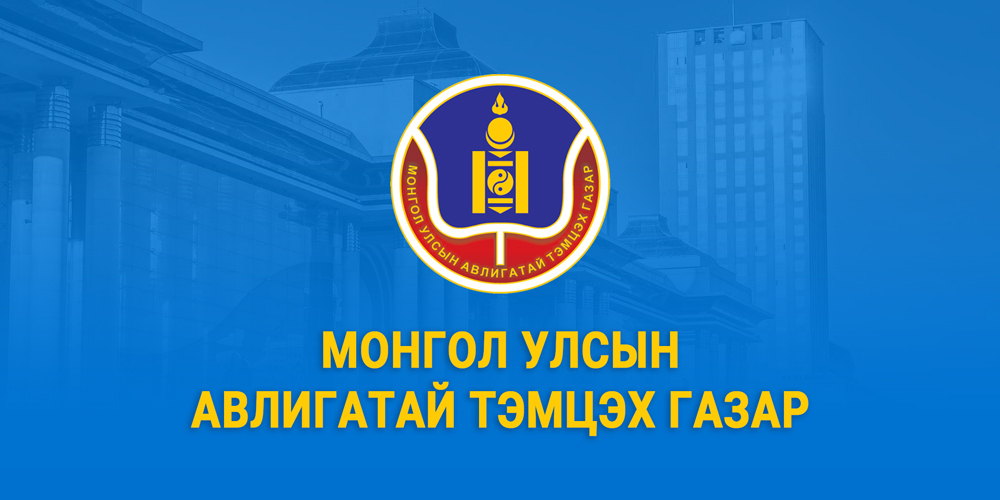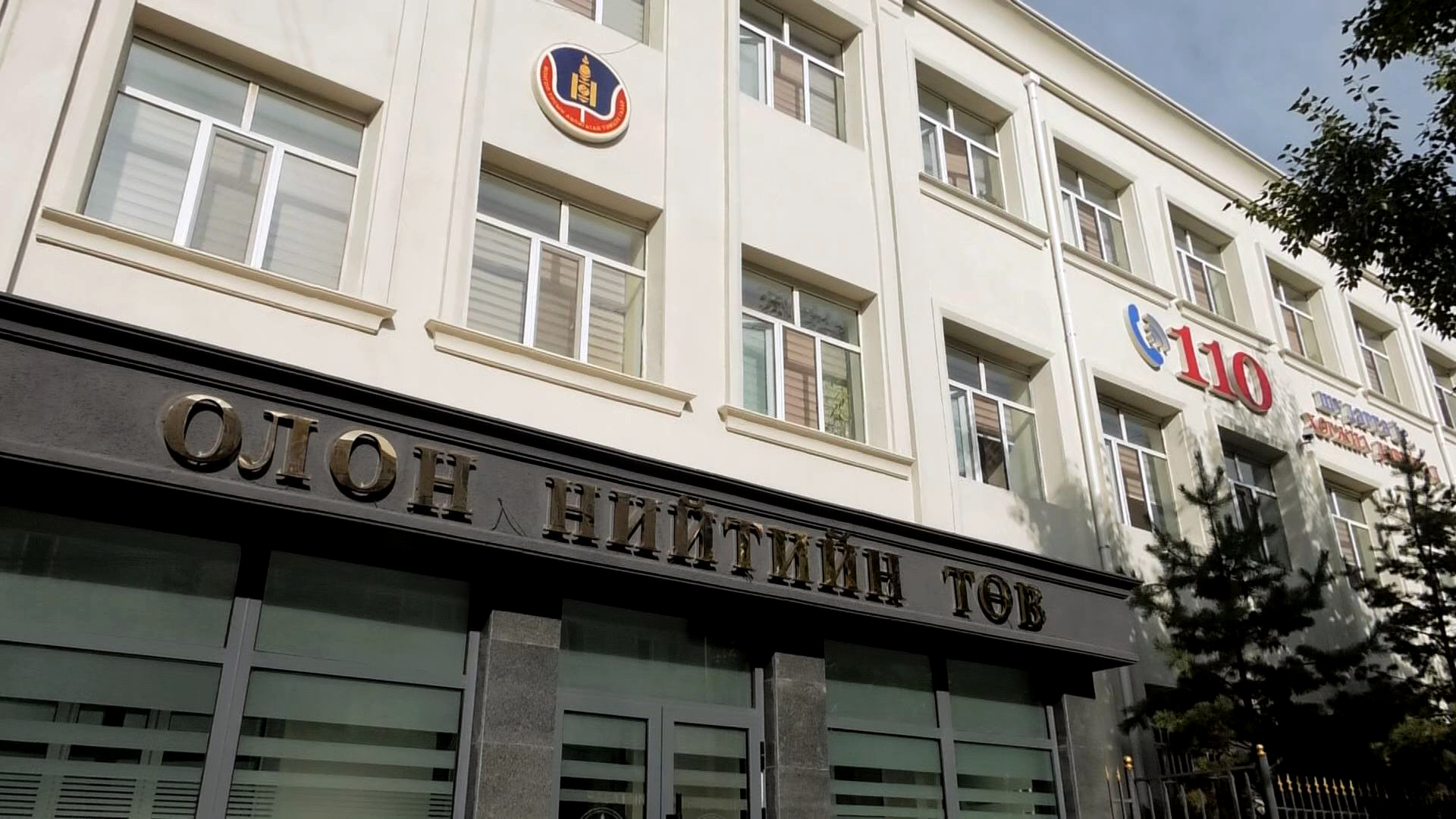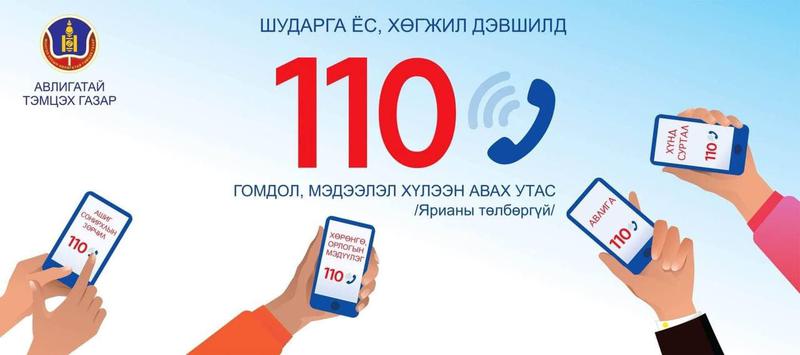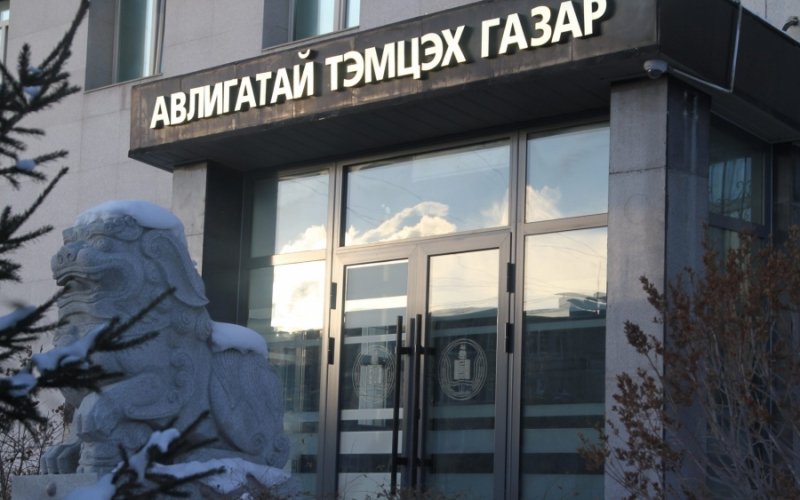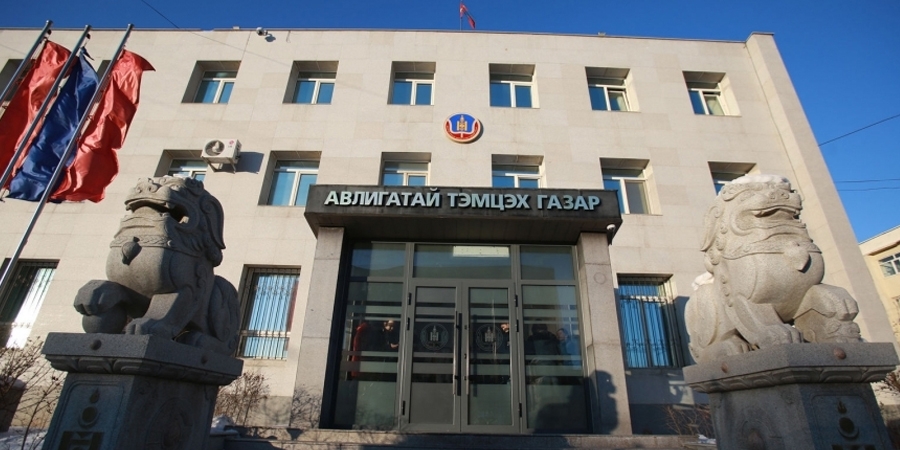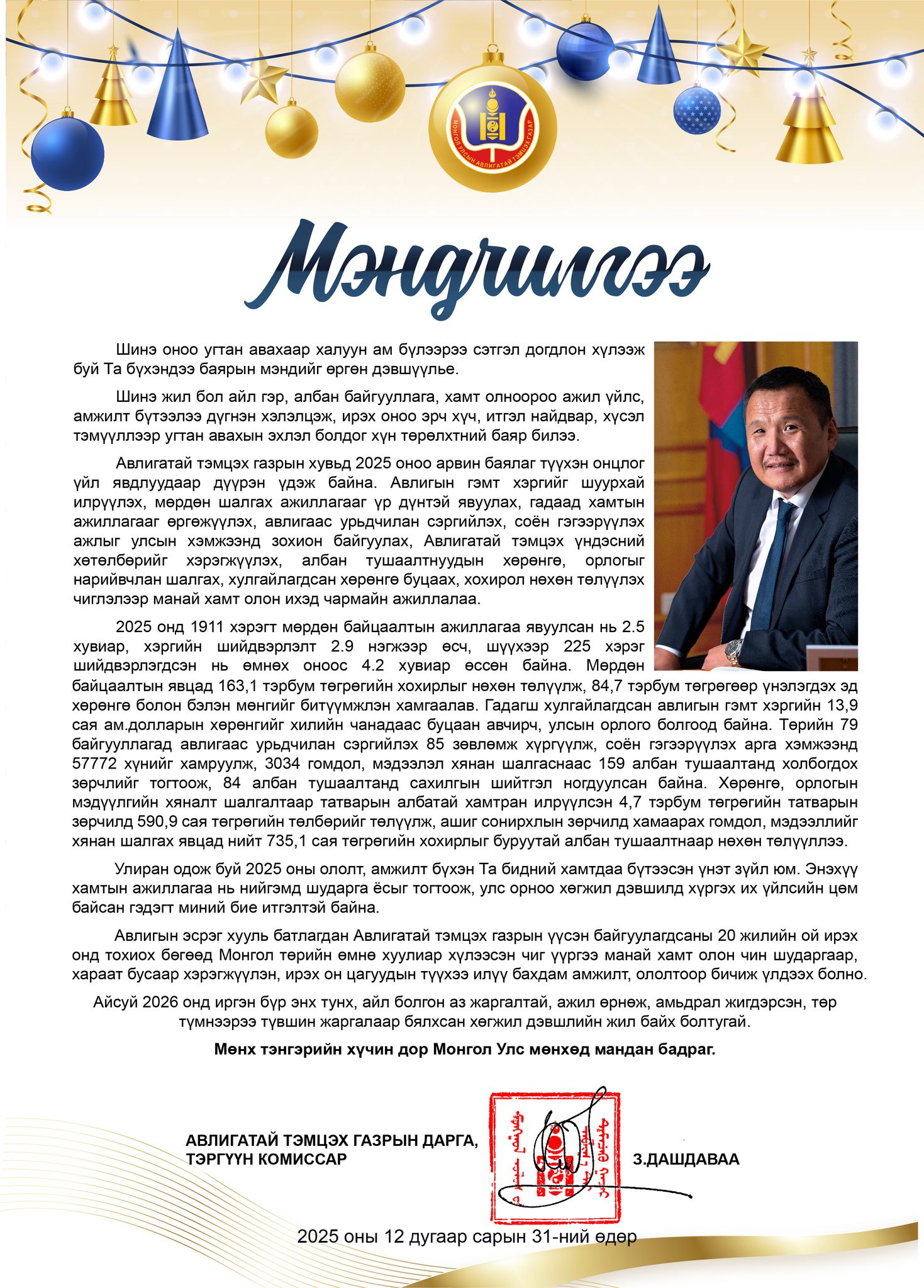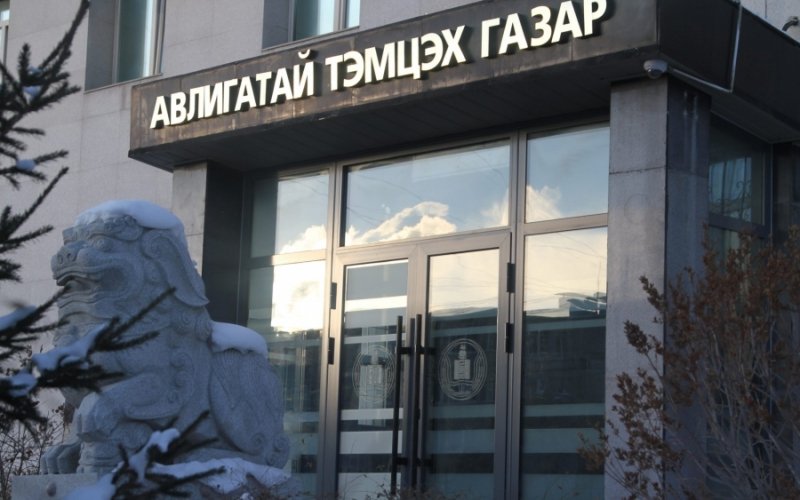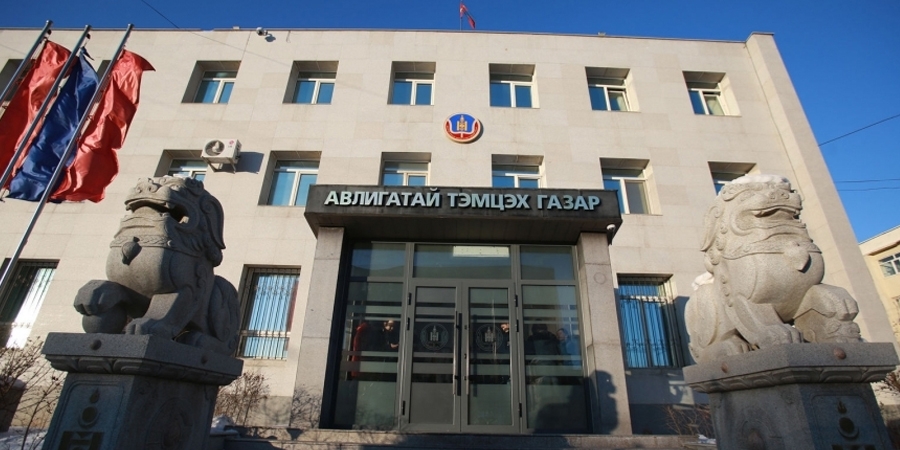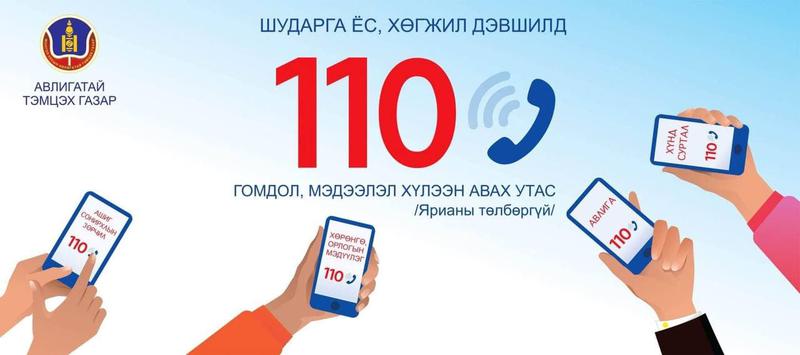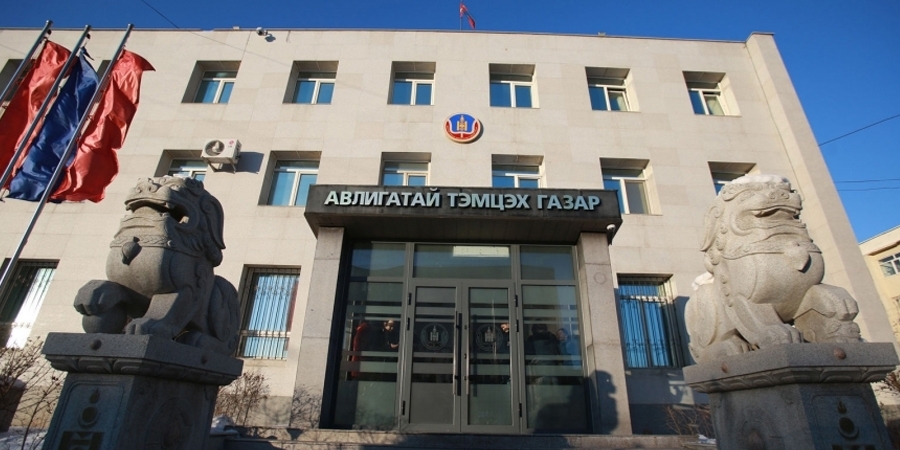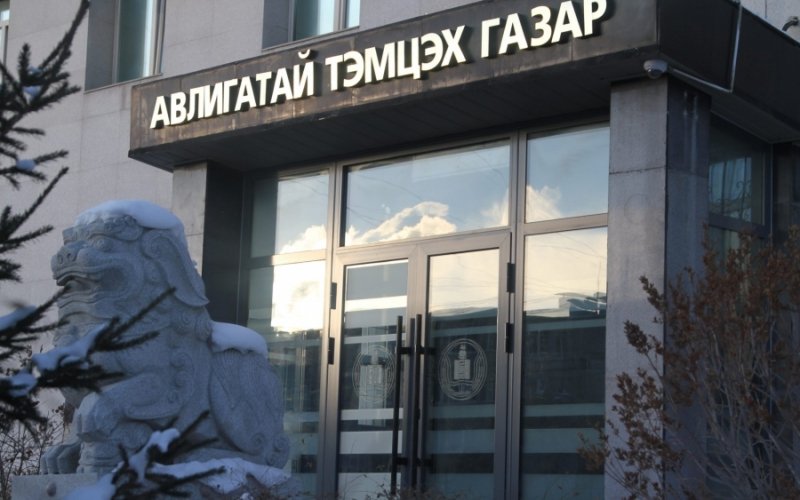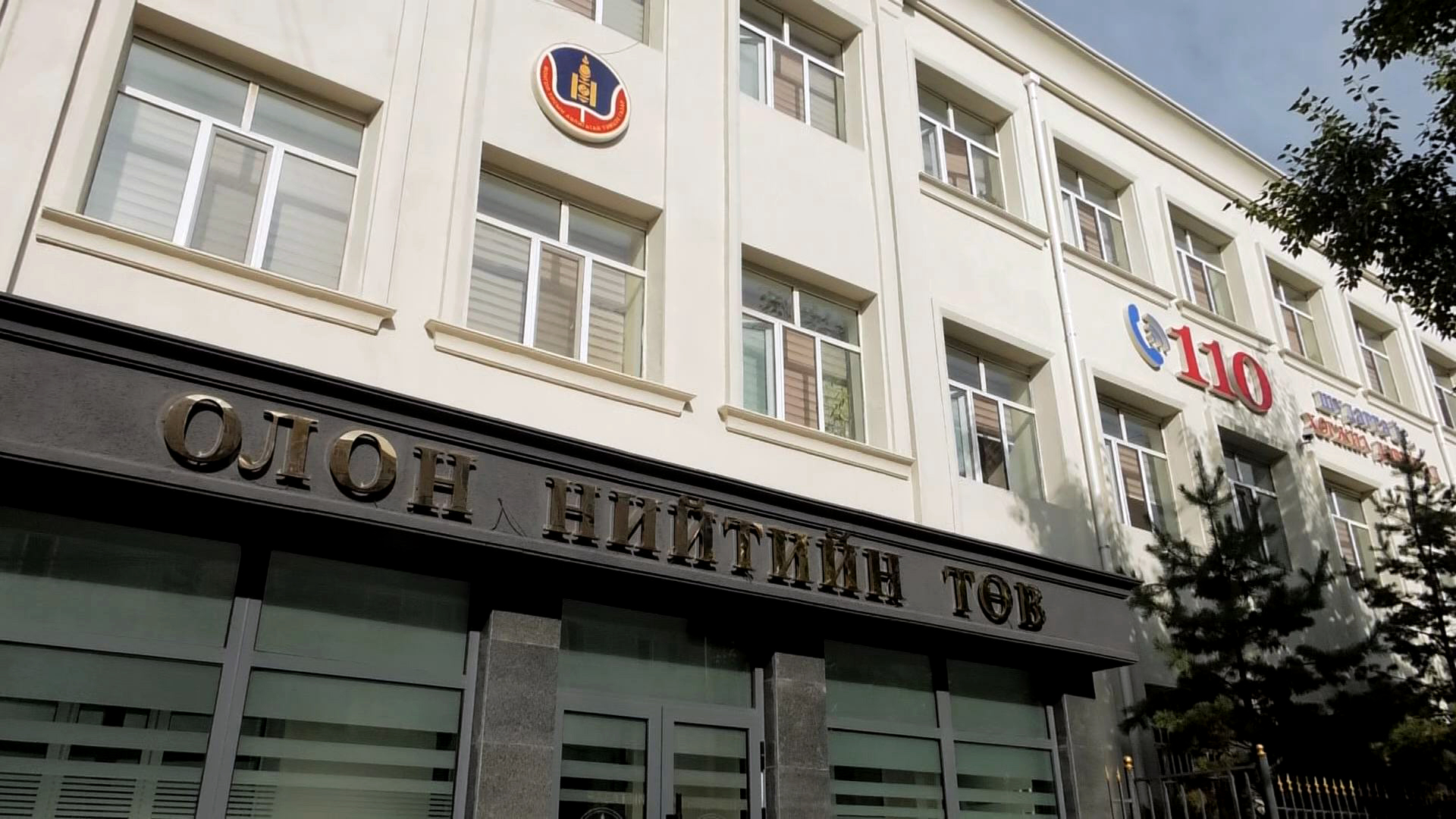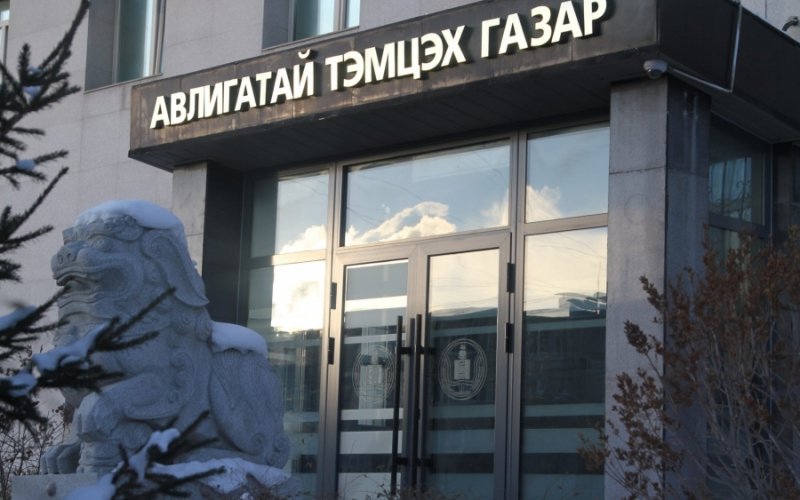
Notice for candidates of the parlamentary election
Candidates for the 2020 Parliamentary election are obliged to register and submit their declaration of income and assets online via website https://meduuleg.iaac.mn/ of the Independent Authority Against Corruption and legally specified period is 00:00 18-19 May, 2020.
The Authority drafted and published handbook, brochures and detailed video instructions on how and what to consider when submitting the declaration of income and assets online on its website www.iaac.mn at the same time giving methodical information.
Candidates can contact the authority via telephone 70112484, 70112485, 70112469, 70110252, 70112427 or email for guidance and advice and weekdays Saturday 16 May, 2020, Sunday 17 May, 2020 and 18, 19 May, 2020 the authority is scheduled for long work hours.
Candidates for the Parliamentary election should register via website https://meduuleg.iaac.mn/ and submit their confirmation notice from the online declaration to the Election general committee.
The legally specified period for online declaration of income and assets will end at 00:00 midnight of 19-20 May, 2020 and the online system will automatically close.
D.DULAMSUREN: THE WHISTLEBLOWER PROTECTION LAW IS ONE BIG STEP IN COMBATING CORRUPTION
An interview with Ms. D.Dulamsuren, Commissioner in charge and Director of the Prevention and public awareness department
- While reading the IAAC 2019 report it said that the draft for public interest whistleblower protection law has been passed to the Chairman of the State Great Khural. What is the purpose for drafting this law?
- Citizens have an open right to freely express their views and opinions about the quality, access of decision of the government and public service as well as the activity of public officials and particularly, addressing and informing the relevant authorities of any deviation from law and procedures. Citizens have important roles in overseeing the activity of government organizations and public officials, distinguishing right and wrong, correcting any error, reporting any breach of law and preventing crime and violations. Most importantly, understanding their role in reporting for public interest and acting on. However, they are afraid of pressure when reporting to an organization and officials and refuse to report and the matter passes by unnoticed. Citizens need protection. The international community resolve this matter through passing a law on whistleblower protection. Our country should also follow this step. From one point, Mongolia as a State member of the United Nations Convention against corruption included an action to establish a legal environment for informant protection following its mandated duties in the Convention. Considering this, a law was drafted and submitted to lawmakers. Our authority submitted the first draft so organizations can provide their suggestions and the regulation should improve during the Governmental discussion and will be updated upon final presentation.
- Who are whistleblowers?
- The understanding is comparatively different. In the beginning of 1970, an American protester for civil right Ralf Nader used whistleblower differently from informants and snitches. Nowadays, whistleblowers do not only report inappropriate actions occurring in the workplace but also inappropriate acts occurring internationally and domestically, in particular uncovering evidential conflict of public interest, breach of law and procedures as well as corruption and fraud. For corruption, sometimes called corruption reporters. Whistleblowers are not victims. They report or inform illegal actions damaging public interest or possible circumstances for such damage and so on, reporting for public interest is called whistleblowing.
- Is there a need to whistleblow? Why do we have to whistleblow?
- Reviewing foreign legislation, “whistleblowers” are people who strongly oppose and speak out to the public against inappropriate actions of the powerful, high level public officials and government organizations. During 1987-2018, 27 countries adopted a special law on whistleblower protection and this shows importance of whistleblowing, moreover as an important element of preventing corruption and combating corruption. It’s important that citizens and the public leave their ego aside and report illegal and inappropriate actions. And keeping quiet about those unfairness may come around someday. Only keeping your eyes awake and also one looking after the others can bring justice and eliminate the ground for corruption. Whistleblowing should become a form of culture. And therefore, we need the law.
- What is the foundation for citizens to whistleblow? Does rights or interest of others need to be raised?
- Citizens can whistleblow inappropriate actions on their own belief based on evidence for the purpose of justice. Of course, at the same time, interest of those are raised who cause damage to the public interest with their inappropriate actions. From the other point, interest of the whistleblower can be raised and may come to risk. Others may take negative actions against the whistleblower. And this is why we need regulation on whistleblower protection.
- Is there a regulation in Mongolia on reporting inappropriate actions?
- There is a foundation for regulation of reporting. The Constitution states “…freely express their opinions, speak and publish” and this is a guarantee for rights and freedom for citizens of Mongolia and also under the Anti-corruption law, public officials shall report knowing corruption while fulfilling their duties and the Law on regulating public and personal interest in public office and preventing conflict of interest, persons shall report knowing conflict of interest to the relevant authority and officials. And this is an open channel for reporting.
- Please talk about the foreign legal regulation on whistleblower protection?
- Reviewing studies, some countries include whistleblower protection in their Law on public service, Criminal law and Anti-corruption and in other countries included in a separate law on whistleblowing. Generally, countries with whistleblower protection system provide two basic ideas. First, supporting and ensuring report of any inappropriate actions within the organization and changing the culture within the organization and secondly, building a step by step wall and remuneration for reporting inappropriate actions without any fear for the employees.
In 1778, the U.S adopted a law to protect whistleblowers who reported illegal actions, corruption in the marine forces for public interest and this is the world’s first law on whistleblowing. European law are seen as a model law. There are few countries in Asia which adopted a separate on law on whistleblower protection and in 2011, South Korea adopted a law on whistleblower protection for those reported for public interest. The Anti-corruption and civil rights commission of South Korea receive and act on the information from whistleblowers. Anyone can report about corruption to this commission and request protection.
- Can you give us examples of whistleblowing?
- There are not much detailed cases. We can name Edward Snowden at an international level. Showden while working as an I.T specialist for the U.S. Special service, he reported on the U.S. Government secret surveillance plan on spying the public, collecting and storing information in a special database. Also U.S. citizen Bradly Manning is a whistleblower. Manning while working for a communication network between the Government and the Department of Defense, he transferred 750,000 materials of secret videos, internal and foreign diplomatic communication related to the Iraq and Afghanistan war operations to WikiLeaks. One of these materials was a video of an U.S. Air force attack and was published on public media. Australian journalist Julian Assange is a whistleblower. He is the founder of WikiLeaks. This website publishes information from secret sources and also from whistleblowers. WikiLeaks published the said information and become much known. His materials included corruption and political schemes of all level in the politics, military and surveillance authorities in the U.S. If whistleblowers return to their country, they may be punished and therefore, request asylum abroad.
- The legal draft handed to the Chairman of the Parliament highlighted for public interest and please talk about this?
- High level corruption and other financial crimes are fairly high where there is no report of inappropriate actions or absence of protection. It highlights for the public interest because reviewing foreign legislation and studies on where to report found that public interest should be separately reviewed and in order to intercept and prevent inappropriate actions also support and protect and provide remuneration to whistleblowers, it should be regulated not only in anti-corruption but also in sectors such as environment, health etc. and therefore, highlighted as for public interest. Not for personal interest.
The Chairman said in a media interview that this law will regulate informing and whistleblowing of corruption and violations. Is this true?
- Not true. Studies show that the powerful or public officials commit actions of embezzlement public funds and raising and damaging public interest. And in order to conceal from the public, public officials abuse their power, share public funds, give and receive bribes. Therefore, corruption cannot be separated from public interest. From the other point, reporting of actions damaging the public interest is fairly low.
- Why not include additional articles in the law on protection of witnesses and victims and why a separate law?
- The law on protection of witnesses and victims regulates protection of health and live, access to information, support and assistance to witnesses and victims during criminal proceeding. For public interest whistleblowers sometimes do not become a witness or a victim. That’s why it’s problematic to view whistleblowers as a victim or witness.
In connection with whistleblowing for public interest, the whistleblower and its associated person can request protection under the Law on protection of witnesses and victims if there is any threat to their health or lives. From the other side, this not only raises matters on protection but how the whistleblower will inform, how it will be investigated, amount of remuneration for the whistleblower. And therefore, including additional articles in the Law on protection of witnesses and victims will not fully regulated.
- What organization should ensure and oversee implementation of the law on informant protection?
- It is important to prevent decrease of importance, distraction and concealment of information provided by whistleblowers to relevant authorities and officials. Also an authority responsible for actions to protect whistleblowers from any threats and workplace pressure and the registry of whistleblower’s information from other organizations will be organizationally effective. International principles include the effectiveness of independent investigation by the organization.
- What are the types of protections?
- Whistleblower protection is similar to witness and victim protection. Whistleblowers can request protection from any pressure. For example, actions such as secrecy of personal information and protection of personal safety. This includes and implements actions to restrict any pressure at the whistleblower’s workplace and legal entity from any organization and official.
- There is remuneration for information of crimes and violations in some laws. How is this regulated?
- Other than protecting the whistleblower, remuneration mechanism is an important factor for motivating whistleblowers. For example, in 2017, 3.7 billion dollars was recovered with the help of whistleblowers and of this, 392 million dollars or 11.5 percent was given as remuneration and in 2018, 326 million dollars was remunerated to whistleblowers. The current law on remuneration for information about crimes and violations does not specify the payment amount. In some cases, regulated and specified in ministerial orders and governmental resolutions. The difference is depending on the income, damage paid by the guilty, prevention, legal outcome from whistleblowing for the interest of the public, definition of monetary award and remuneration, its difference and amount should be specified in the legal draft. This will affect its implementation.
- Does this mean monetary award and remuneration will be given to whistleblowers? Will this cause any difficulty to the budget?
- In foreign legislation, whistleblowers are commonly awarded depending on the income from the outcome of whistleblowing for public interest through administrative compensation of the damage or payment of fines. If the parliament adopts a similar regulation then remuneration shall be defined from the account of deposit and it should not cause any difficulty to the budget. Remuneration is given for preventing any damages or possible damage may have caused to the administrative organization as a result of whistleblowing even if any deposit is made to the budget and criminal and punitive measures taken against the person due to the action of damaging public interest and adoption of procedures and law on preventing actions to damage public interest. Also remuneration is defined depending on what the whistleblower reported. For example, South Korea gives out remuneration up to 3 billion won.
- What positive effects do you see from the adoption of the law and particularly, in combating corruption?
- Transparency international conducted a research in Asia and the pacific region with over 20,000 participants and asked the most effective way of combating corruption. And most of the participants or 22 percent responded “reporting” and 22 percent “refusing to give bribe”. The research asked why they refused to report and most of the participants or 36 percent and 22 percent of participants from our country responded “afraid of the consequences”. The research by the international organizations showed no more than 10 percent of corruption is reported.
Adoption of the law on whistleblowing for the public interest will prevent damage of public interest, become an effective tool for combating corruption, and positively affect ensuring freedom of speech and access to information and increase ethics and accountability of citizens. Apart from establishing a legal environment and culture, it is important to increase trust in law enforcement authorities. Because whistleblowing may not occur even in an existence of law. Also complex actions to build the capacity of officials responsible for giving legal and psychological advice to citizens may be effective.
T.SAIKHAN
“Zuunii medee” news
15.05.2020. Number 96 (6321)



